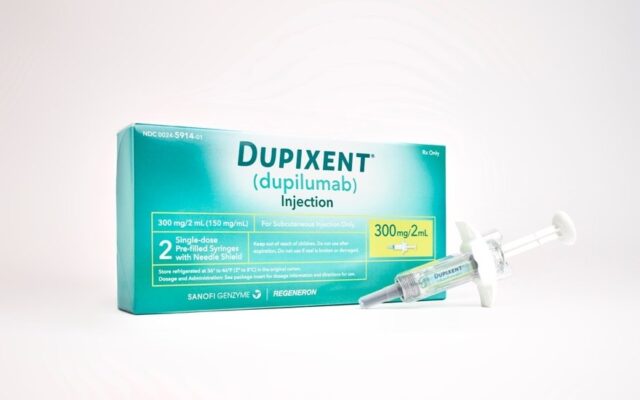
As the COVID-19 pandemic reshaped the global economy, some pharma companies coped better than others. The who and why offer some hints about who’s best suited to weather a future crisis.
That’s the word from analysts at Jefferies, which dug into the numbers to assess COVID-19’s effects on the industry so far.
The bad news? Certain products “suffered disproportionately.” That list includes GlaxoSmithKline’s shingles vaccine Shingrix, Novartis’ spinal muscular atrophy gene therapy Zolgensma, Novo Nordisk’s new oral diabetes drug Rybelsus, and Roche’s hemophilia drug Hemlibra, the analysts wrote. Biogen’s spinal muscular atrophy drug Spinraza also took a pandemic hit, executives acknowledged.
Each drug suffered for a different reason. The shingles vaccine Shingrix, approved for adults 50 and over, struggled because older adults were reluctant to visit clinics. Rybelsus is a new drug in a crowded field, while Hemlibra suffered because doctors have been “reluctant to switch medications,” the team wrote.
On the flip side, some drugs actually benefited from the crisis, and others performed despite the challenges. Flu shots grew on increased vaccine awareness—witness Sanofi’s record flu shot sales in the third quarter—while Roche’s arthritis drug Actemra reaped sales from its use to treat COVID-19.
RELATED: Novo’s Rybelsus launch is on the up-and-up after taking pandemic hit: execs
Some blockbuster drugs proved “resilient” despite the pandemic shutdowns, the analysts wrote. Sanofi’s immunology blockbuster Dupixent, AbbVie’s stalwart Humira, Roche’s multiple sclerosis drug Ocrevus and Novartis’ heart failure med Entresto were in that group, the Jefferies team wrote.
Overall, the pandemic “highlighted the benefit of having a diverse portfolio of drugs spanning therapeutic areas, avoiding ‘therapeutic crowding’ that we have flagged as a sector risk in the past,” they wrote.
For a potential future pandemic, they see the highest risks for Regeneron and Biogen—each with a small number of drugs to field—plus diabetes specialist Novo Nordisk and Keytruda-dependent Merck.
RELATED: Sanofi, despite COVID-19, sees early gains from CEO Hudson’s strategy revamp
In Biogen’s case, for instance, patients forgoing healthcare amid the pandemic cut into its sales for Spinraza, a spinal muscular atrophy therapy delivered by injection. Some treatment centers closed temporarily and others limited capacity and staffing, CEO Michel Vounatsos noted during a recent earnings call.
Meanwhile, the pandemic accelerated “switches to alternative treatment,” Vounatsos noted, likely referring to Roche’s new oral SMA therapy, Evrysdi.
And in another coronavirus takeaway, the analysts said to watch for a “new era” in vaccines. The team sees vaccines generally being used more after the pandemic, plus an increase in vaccines’ perceived value in society. Further, development timelines should be shortened due to the scientific breakthroughs achieved with COVID-19 shots.






